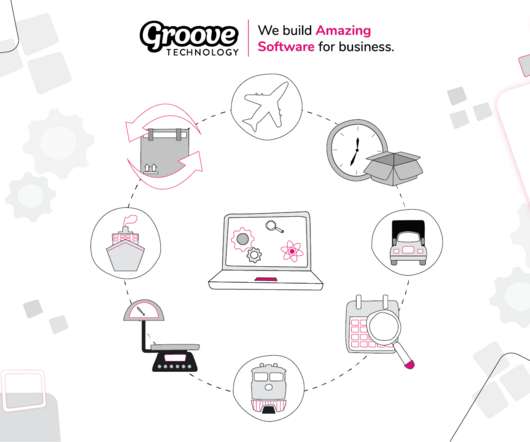Why Anypoint Platform is the Best Choice for API Management
Groove Technology
MARCH 22, 2023
Introduction to API Management APIs (Application Programming Interfaces) are becoming increasingly important for businesses to integrate digital services and streamline operations. However, managing multiple APIs can be complex and challenging. This, in turn, leads to increased revenue and growth opportunities.












Let's personalize your content